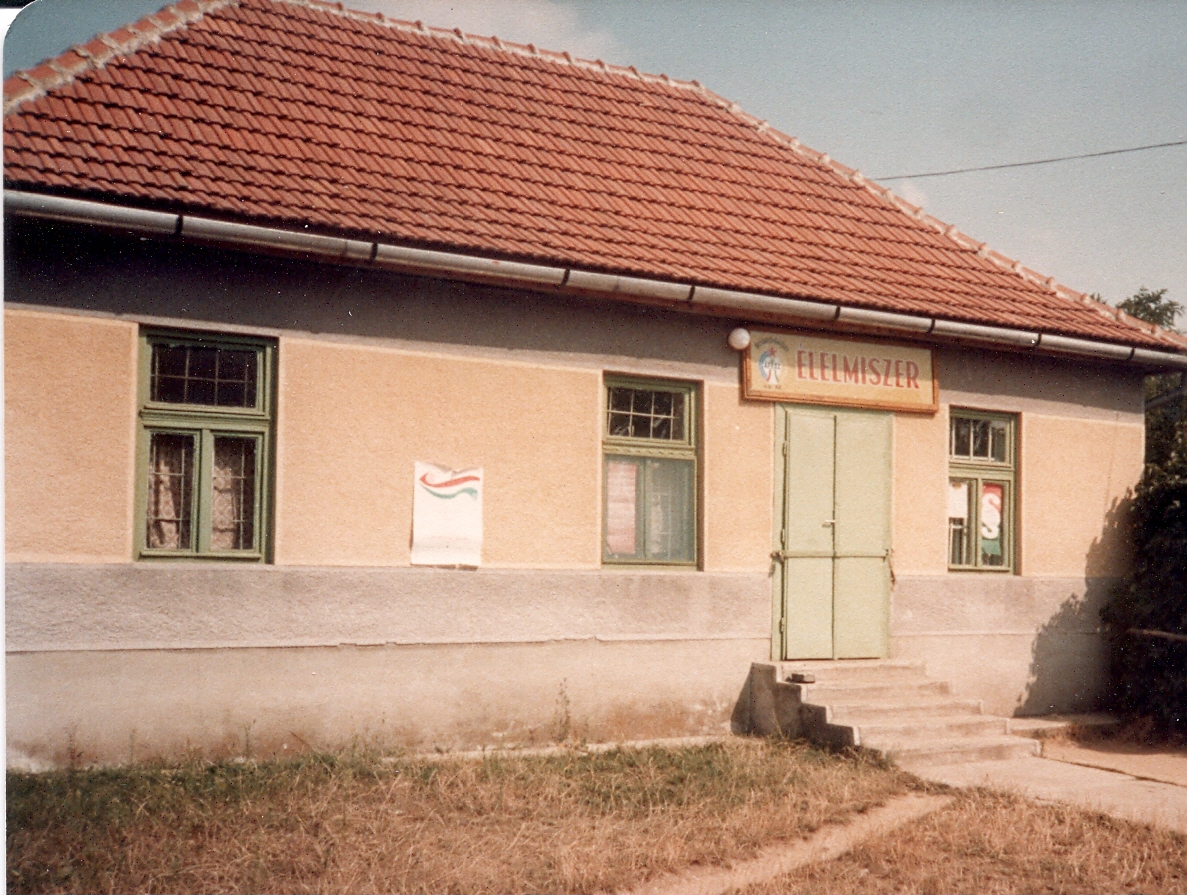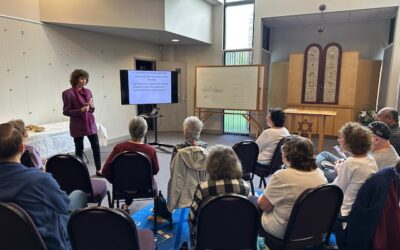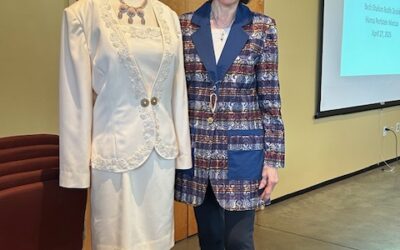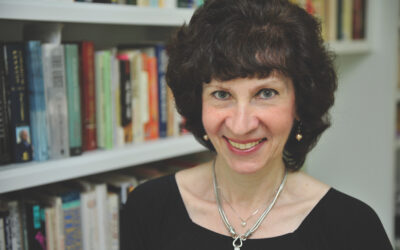My Aunt Margit, the sister my mother never knew, died as an adolescent, a victim of the Swine Flu pandemic of 1918. Margit was the cleverest and most studious of Simon and Hani’s six children and warranted enrollment in advanced studies in the nearby large city, an opportunity not offered in their small agricultural Hungarian village. Her parents were certain that she had acquired the disease in the big city and regretted enrolling her in advanced education for the rest of their lives. My mother, Sidonia, was only six when her sister passed away and never knew Margit well.
Our current involvement with the Covid-19 pandemic reminds me of this story that my mother relayed to me on many occasions. In the early twentieth century, contraction of a mysterious disease must have been even more difficult than our present-day situation. We now have the technology and communication systems that assist us in understanding what we, as a society, must do to stem the flow of the epidemic, even though we are learning more about the effects and science of it every day.
Yet, we likely blame ourselves for possible interaction with those who may have transmitted disease to our loved ones or perhaps to us. Yet, just as with the pandemic of more than a hundred years ago, we should bear no blame. On the contrary, we should consider ourselves models of constraint in foregoing our regular lives and caring for others in our family and community. Most of all, we should honor and respect our heroes in the health care community for their exceptional courage and commitment.
The image shows Sidonia’s family home in Damoc, Hungary. Photo taken in 1983.




